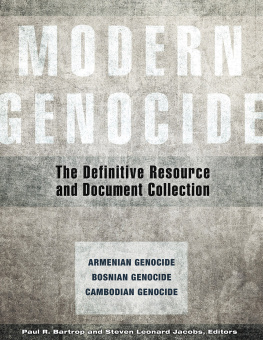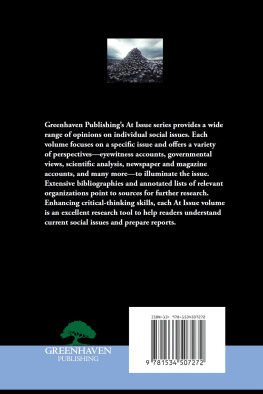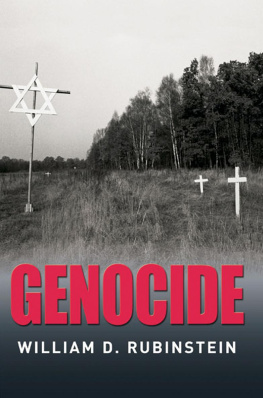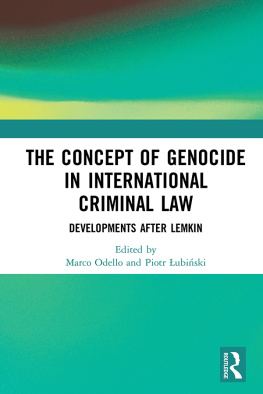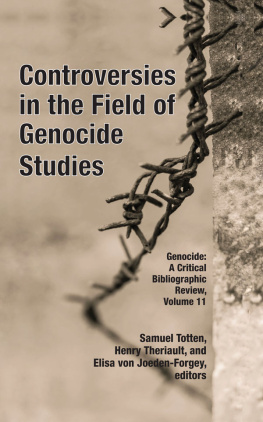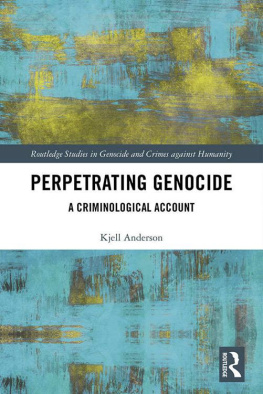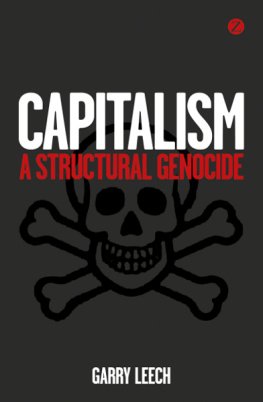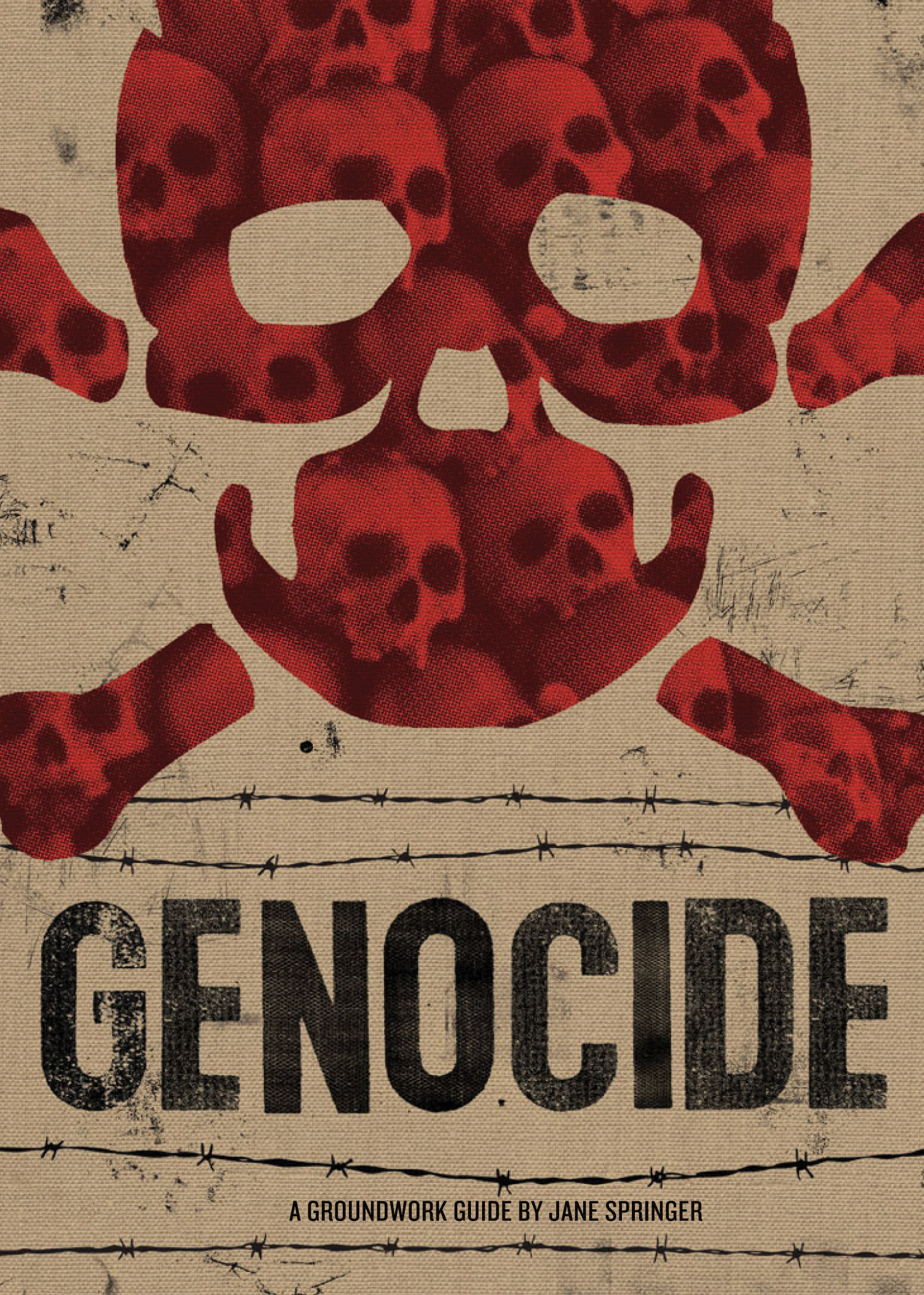Jane Springer - Genocide: A Groundwork Guide
Here you can read online Jane Springer - Genocide: A Groundwork Guide full text of the book (entire story) in english for free. Download pdf and epub, get meaning, cover and reviews about this ebook. year: 2006, publisher: Groundwood Books Ltd, genre: Politics. Description of the work, (preface) as well as reviews are available. Best literature library LitArk.com created for fans of good reading and offers a wide selection of genres:
Romance novel
Science fiction
Adventure
Detective
Science
History
Home and family
Prose
Art
Politics
Computer
Non-fiction
Religion
Business
Children
Humor
Choose a favorite category and find really read worthwhile books. Enjoy immersion in the world of imagination, feel the emotions of the characters or learn something new for yourself, make an fascinating discovery.

- Book:Genocide: A Groundwork Guide
- Author:
- Publisher:Groundwood Books Ltd
- Genre:
- Year:2006
- Rating:4 / 5
- Favourites:Add to favourites
- Your mark:
Genocide: A Groundwork Guide: summary, description and annotation
We offer to read an annotation, description, summary or preface (depends on what the author of the book "Genocide: A Groundwork Guide" wrote himself). If you haven't found the necessary information about the book — write in the comments, we will try to find it.
What is genocide? Why does it happen, and what can be done to prevent it from happening again? These urgent questions are clearly and concisely explored for young adult readers.
Some view the systematic killing, rape and destruction of homes in Darfur as a grave humanitarian crisis. For others, its a clear example of the ultimate crime against humanity genocide. Who is right? What is genocide? What is the impact on humanity of wiping out entire groups of people? Who are the endangered human beings in todays world?
This thoughtful book helps young readers understand these and other difficult questions. Providing an overview of the history of genocide worldwide, the book explores the paradox that while a person who murders another person can be tried and even executed for the crime, a person who murders hundreds or thousands of people usually goes free. Using case studies the book points out their unique character while at the same time establishing important links between them. Most important, the book answers the question, what can be done to prevent genocide from happening in the future?
[The Groundwork Guides] are excellent books, mandatory for school libraries and the increasing body of young people prepared to take ownership of the situations and problems previous generations have left them. Globe and Mail
Correlates to the Common Core State Standards in English Language Arts:
CCSS.ELA-LITERACY.RI.6.1
Cite textual evidence to support analysis of what the text says explicitly as well as inferences drawn from the text.
CCSS.ELA-LITERACY.RI.6.2
Determine a central idea of a text and how it is conveyed through particular details; provide a summary of the text distinct from personal opinions or judgments.
CCSS.ELA-LITERACY.RI.6.3
Analyze in detail how a key individual, event, or idea is introduced, illustrated, and elaborated in a text (e.g., through examples or anecdotes).
CCSS.ELA-LITERACY.RI.6.6
Determine an authors point of view or purpose in a text and explain how it is conveyed in the text.
Jane Springer: author's other books
Who wrote Genocide: A Groundwork Guide? Find out the surname, the name of the author of the book and a list of all author's works by series.

